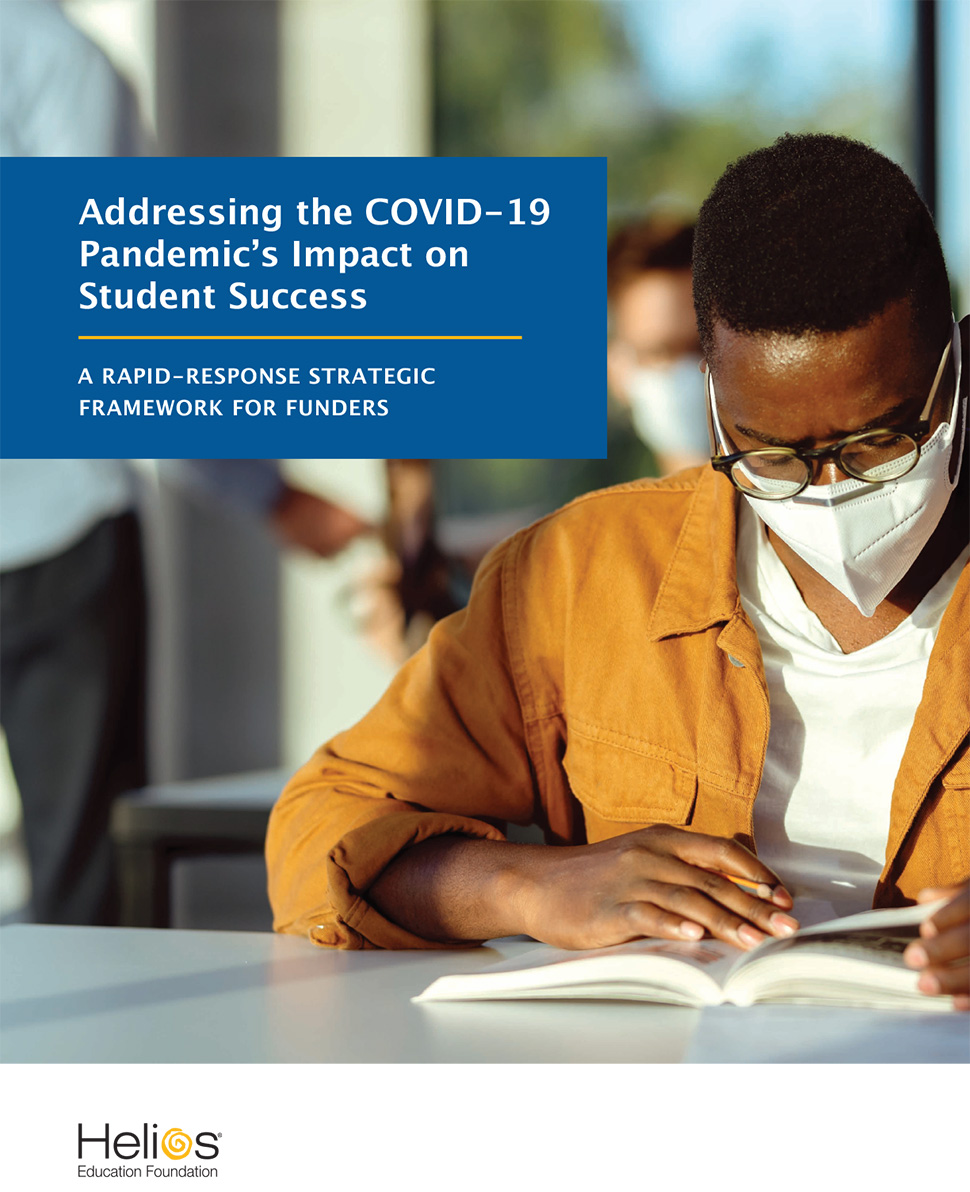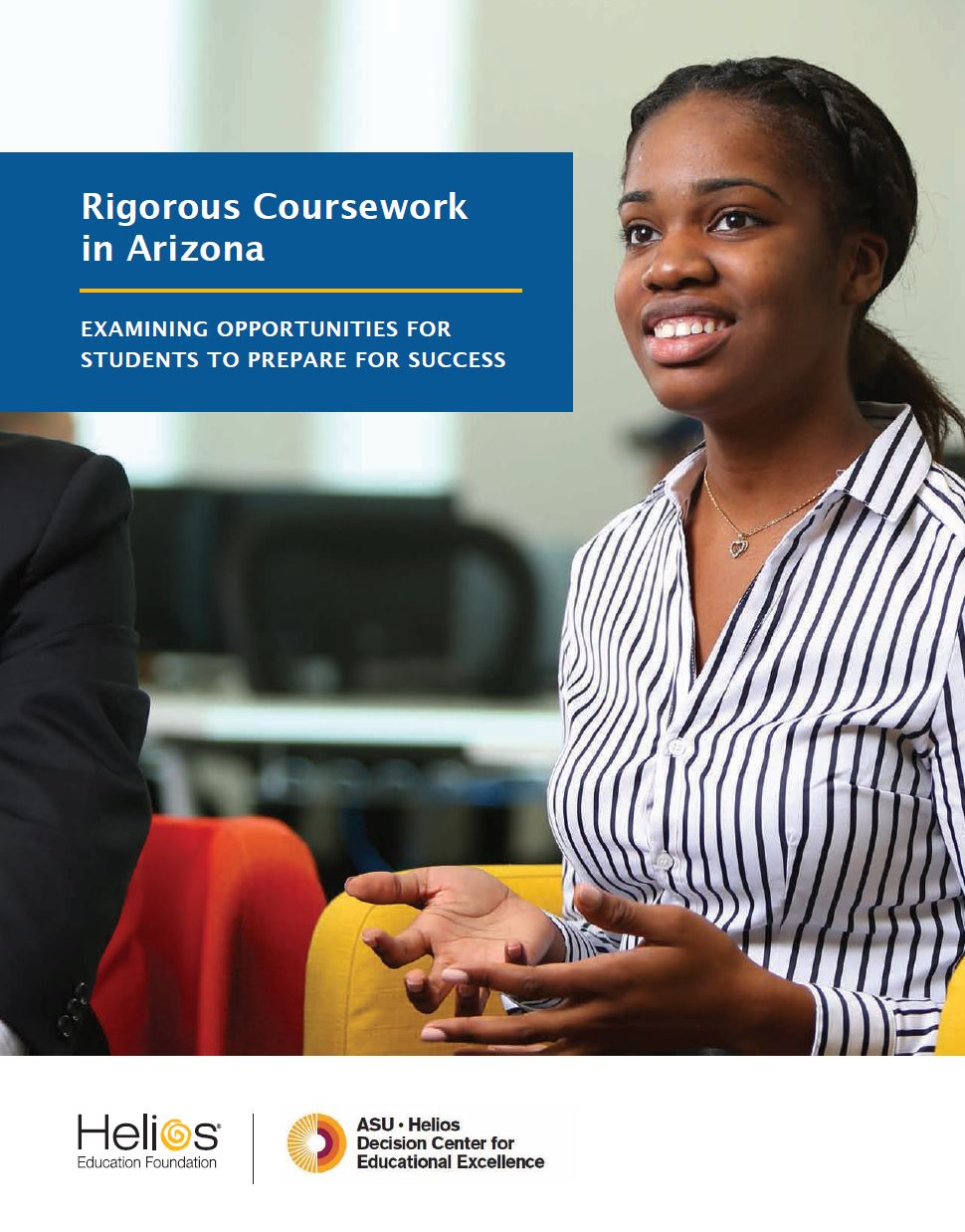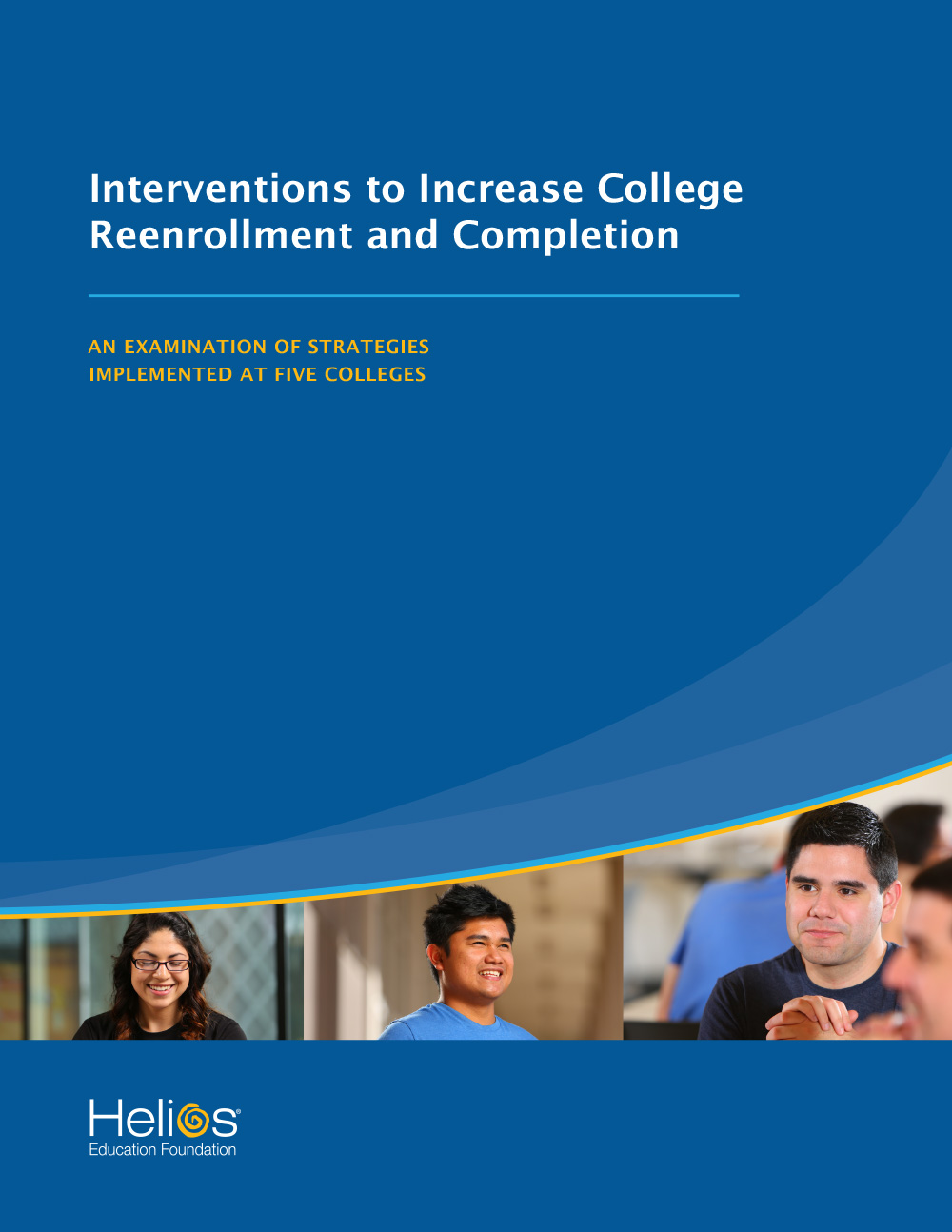Engagement in advocacy and public policy activity is an important component to our goal of increasing student attainment and closing achievement gaps. This policy activity leads to long-term, system-wide changes that support all students and educators throughout Arizona and Florida. We have developed policy agendas that include championing, collaborating, and monitoring public policy activity.
One significant activity that Helios engaged in at a policy level during 2020 was our support of the 2020 Census. The Census faced many challenges from legal arguments to the impact of COVID-19. However, 2020 also showed us how critical an accurate Census count is to ensuring federal resources are invested in local communities. The Census has a direct impact on education specifically, as it determines the federal funds allocated for a number of education programs in each state. Census data determines funding for special education, Head Start programs, school nutrition, after-school programming and classroom technology, as well as maternal and child health programs.
Ultimately, communities came together to support the Census to ensure a complete and accurate count. Helios was proud to support this effort by funding NALEO Educational Fund’s work in both Arizona and Florida. In Arizona, Helios represented the philanthropic community by serving on the Governor’s Complete Count Committee. Although our support of the Census preceded the pandemic, COVID-19 impacted the work in unprecedented ways, and each state had to utilize new strategies to ensure an accurate count. Although there were challenges with the 2020 Census, both Arizona and Florida will receive critical federal resources to support schools, school lunch programs, health care, roads, and community services.
In addition to our Census work, we continued implementing policy agendas in both states. Through staff efforts and the support of Helios’ government and community affairs firm in Florida, Helios also supported the policy priorities and budget requests of several of our grantees, including Teach for America Florida and Take Stock in Children.
In Arizona, Helios continued to promote the Community Leaders Group framework, began work on establishing rigorous coursework legislation based upon research completed for the next legislative session, engaged with the Governor’s Office and Superintendent of Public Instruction’s Office on federal investment priorities, and served on the Arizona Department of Education Tech Task Force that has begun discussions on long-term solutions to the digital divide. Helios also played a lead role in using our voice to publicly oppose divisive legislation (HCR 2036/ SCR 1007 and HB 2598) that would undermine Latino Student Success and Arizona’s economy, as well as worked behind the scenes with legislators, the Governor’s Chief of Staff, and other community organizations to stop these measures from moving forward.





